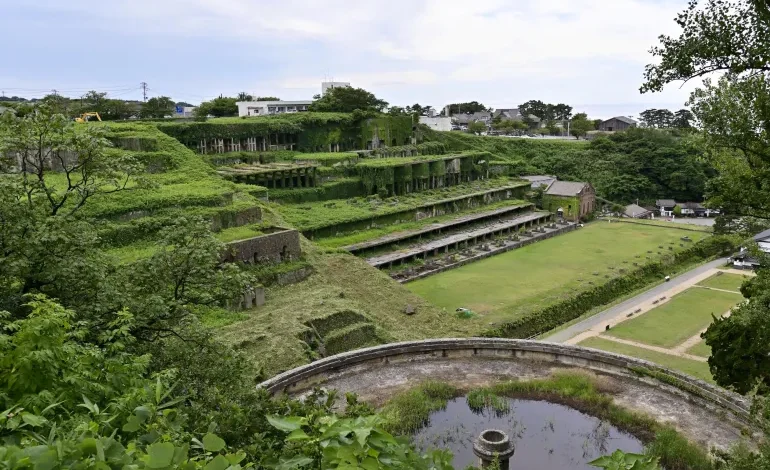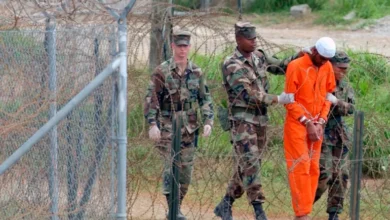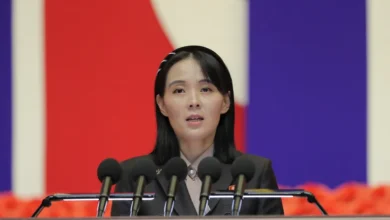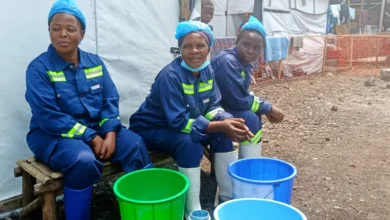UNESCO is failing victims of Japan’s historical colonial exploitation

On November 24, 2024, Japan held a memorial service at its UNESCO site, the Sado Gold Mines, in Niigata to commemorate labourers who worked in it. South Korean officials who were invited boycotted the event. Instead, on the following day, they held their own ceremony remembering Koreans who worked the mines as forced labourers under Japanese colonial rule.
The Sado Gold Mines, which were inscribed as a UNESCO World Heritage Site on July 27, have become yet another battleground over the history of Japanese colonial exploitation of Koreans and efforts to whitewash it. Japan has long resisted recognising the wartime discrimination and forced labour endured by Koreans and other foreign workers, including at industrial sites listed as World Heritage in 2015 under the title “Sites of Japan’s Meiji Industrial Revolution”.
In both instances, Japan has argued that wartime history is irrelevant to the heritage value of these sites. Though it promised UNESCO to tell the “full history”, the version Japan presents is distorted by colonial apologetics, refusing to recognise Koreans workers mobilised during the war as victims of foreign forced labour.
What’s particularly troubling is the tolerance of this revisionism by both UNESCO and the current South Korean government, which seem willing to overlook the erasure of Korean victims for the sake of fostering better diplomatic relations.
When Japan’s Meiji industrial sites were inscribed in 2015, the country initially agreed to present the history of “a large number of Koreans and others” who were “brought against their will and forced to work under harsh conditions”.









